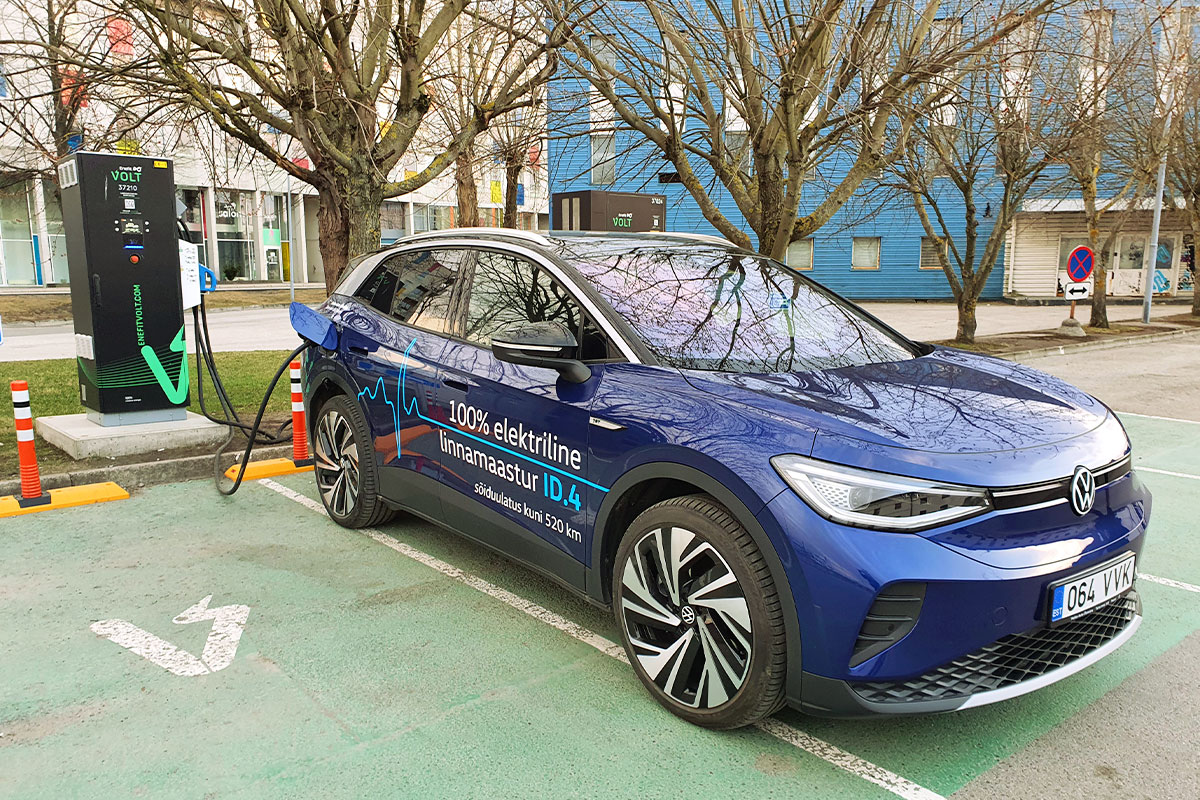Breakthrough news from Volkswagen: bi-directional charging for all new cars

Looking to future trends, one bold prediction can be made: electric vehicles and smart storage technologies will completely change our understanding of both the energy and transport sectors. In the coming decades, everyday mobility will become an integral part of the electricity grid and a potential source of income for many.
The International Energy Agency (IEA) estimates that wind energy production in Europe will triple over the next 20 years. Since we cannot be left without electricity even on a quiet night, electric cars, more precisely their batteries, come into play as an important resource.
With the help of electric cars, large storages are created in our electrical system and in everyday life, which can be used as part of the electrical system. When the wind blows and the sun shines, electricity is cheaper and charging the battery is wise. If there is less renewable energy in the grid and therefore the price of electricity is more expensive, car batteries can return the renewable energy stored in them to the grid and earn money for the vehicle owner instead.
Smart charging solutions also support energy independence, as high demand and lower supply do not require the import of electricity or the start-up of large power plants, but the grid load can be adjusted as needed, considering people's convenience. The described and at first glance seemingly somewhat sci-fi possibilities are opened to us by vehicle to grid (V2G) technology.
The car fleet and legislation need to be updated
In addition to chargers and the electricity grid, cars and legislation are needed to make bi-directional charging reach the masses.
Japan's Nissan and Mitsubishi introduced bi-directional charging technology as early as 2013, seeing it as an opportunity to use cars as a backup generator during natural disasters. That's why Leafs have long been the only cars equipped with this innovative technology.
As a significant news, the Volkswagen Group announced in April that from 2022 all its electric cars will be equipped by default with technology that would allow two-way charging. The car manufacturer has promised to produce 300,000 cars with such capacity per year. A car fleet of this scale will also have a significant impact on the electricity grid if cars start to return electricity to the grid.
Martin Roemheld, Head of Charging in Volkswagen, also said that in order to succeed, the energy sector, car manufacturers and politicians must work much more closely together than has been the case so far. According to Roemheld, Germany has the potential to lead the way in the international arena.
For a car to be connected to the grid and able to sell electricity using bi-directional charging, it is necessary to make the vehicle into a power plant in legal terms. Germany is also one of the pioneers here - the Nissan Leaf got the legal rights already two years ago.
Volkswagen's announcement also paves the way for other car manufacturers, mainly rumored to be Hyundai and Tesla, to come out with similar news soon. In addition, a sharp drop in the price of smart home chargers is expected, which will make the whole solution more useful and practical for the consumer.
